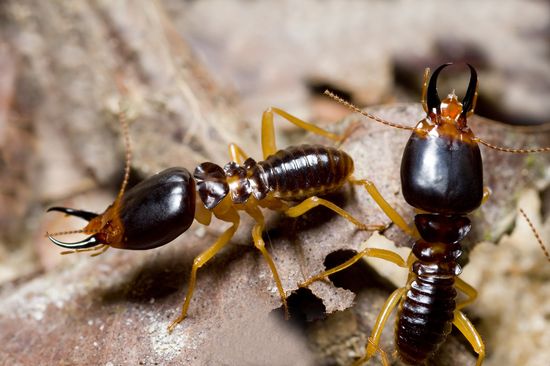Mosquitoes are one of the most dangerous pests in the world, with their bites leading to diseases such as malaria and dengue fever. As a result, mosquito control is an important endeavor that must be undertaken in order to reduce the risk of these diseases. However, traditional methods of controlling mosquitoes have proven to be ineffective, leading to the need for alternative methods. Mosquito control is an essential part of protecting public health from diseases such as malaria, dengue fever, and Zika virus. Mosquitoes are known to be vectors for these diseases, and it is important to reduce the populations of mosquitoes in order to reduce the risk of these diseases. Traditionally, mosquito control has been done through the use of chemical insecticides, but this has proven to be ineffective and can cause harm to the environment. As a result, there is a need for alternative methods of mosquito control that are more effective and less harmful to the environment. This paper will discuss a unique approach to mosquito control that can be used in a variety of settings.
The Need for Unique Mosquito Control:
Mosquito control is essential for protecting public health from the diseases that mosquitoes can spread. While traditional methods of mosquito control such as chemical insecticides are still used, they are often ineffective and can cause harm to the environment. As a result, there is a need for alternative methods of mosquito control that are more effective and less harmful to the environment.
The Benefits of Unique Mosquito Control:
Unique methods of mosquito control can provide numerous benefits, including improved effectiveness and reduced harm to the environment. Unique methods of mosquito control can also be tailored to the specific needs of a particular area, providing a more targeted approach to mosquito control. In addition, unique methods of mosquito control can be less expensive than traditional methods, making them more accessible to those who may not have the resources to use traditional methods.
Different Types of Unique Mosquito Control:
There are a variety of unique methods of mosquito control that can be used in different settings. One example is biological control, which uses natural predators of mosquitoes such as dragonflies and bats to reduce mosquito populations. Another example is the use of traps, which can be used to capture and kill mosquitoes in a specific area. Other unique methods of mosquito control include the use of larvicides, which target the larvae of mosquitoes, and the use of repellents, which can be used to repel mosquitoes from a particular area.
Conclusion:
In conclusion, unique methods of mosquito control are essential for protecting public health from the diseases that mosquitoes can spread. Traditional methods of mosquito control such as chemical insecticides are often ineffective and can cause harm to the environment, making unique methods of mosquito control an important alternative. There are a variety of unique methods of mosquito control that can be used in different settings, providing a more targeted approach to mosquito control that is often more effective and less harmful to the environment. For best termite killer, visit https://aardwolfpestkare.com/termites/.


